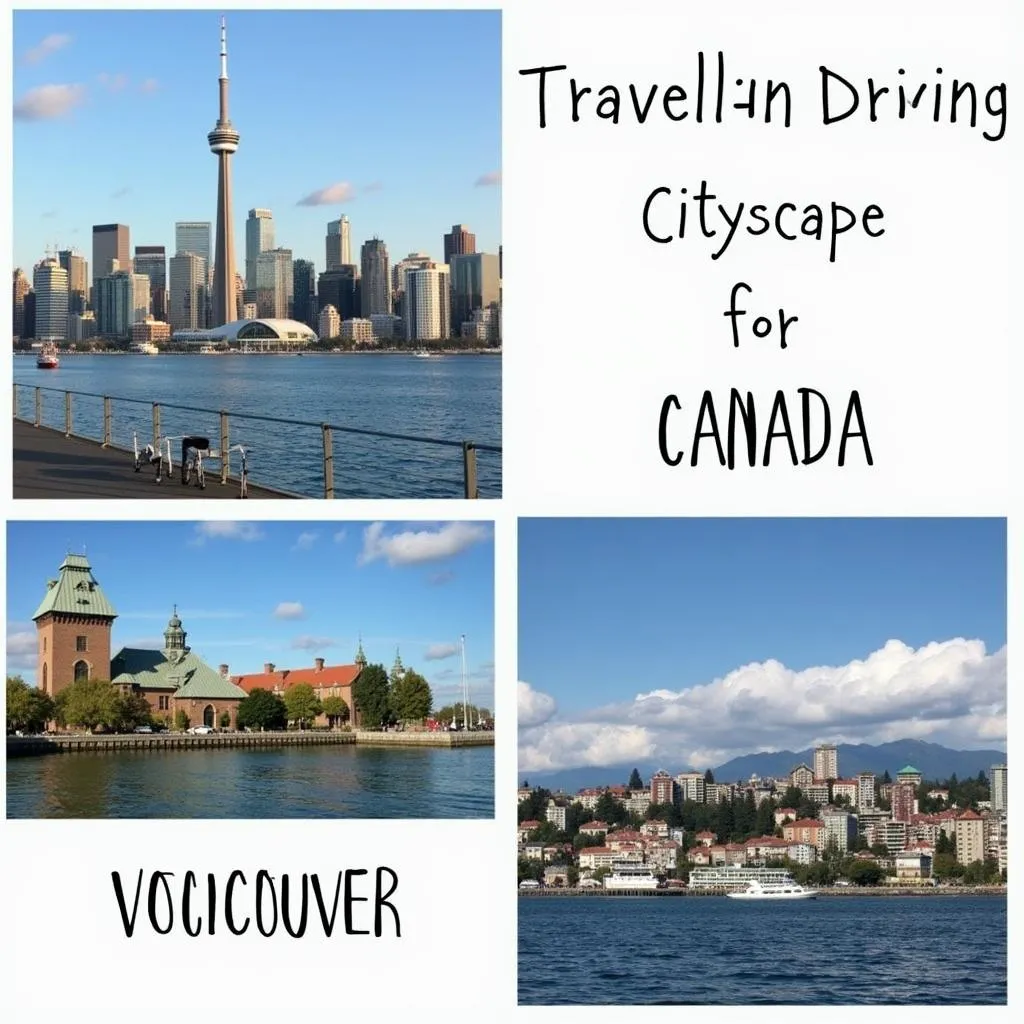Imagine this: You’re all set to explore the breathtaking landscapes of Canada, from the majestic Rocky Mountains to the vibrant cityscapes of Vancouver. You’ve got your bags packed, your itinerary planned, and then it hits you – that DUI you got a few years back. Can you still travel to Canada with a DUI on your record?
Unfortunately, it’s not as simple as hopping on a plane with your passport. Canada has strict laws regarding entry for individuals with criminal records, including DUIs. But don’t lose hope just yet! This article will guide you through the ins and outs of traveling to Canada with a DUI, exploring your options and answering your burning questions.
Understanding Canada’s DUI Entry Rules
Canada considers a DUI a serious offense, classifying it as a criminal offense under their law. This means if you have a DUI conviction on your record, you’re considered inadmissible to Canada.
Think of it like trying to enter an exclusive club; you need to meet their specific requirements to get past the velvet ropes. In Canada’s case, a clean record is your golden ticket.
What Makes You Inadmissible?
Canadian authorities consider several factors when assessing DUI-related inadmissibility:
- Severity of the Offense: Was it your first DUI or were there multiple offenses? The more serious your DUI history, the more challenging it might be to enter Canada.
- Time Elapsed since the Offense: Time heals all wounds, and this holds true for your record. The more time passed since your DUI, the better your chances.
- Rehabilitation Efforts: Demonstrating that you’ve taken steps to address any underlying issues related to your DUI, such as completing alcohol education or treatment programs, can work in your favor.
Exploring Your Options
While a DUI can complicate your travel plans, it doesn’t necessarily mean a lifetime ban from Canada. There are a few avenues you can explore:
1. Temporary Resident Permit (TRP)
A TRP allows you to enter Canada for a specific purpose and duration, even with a criminal record. It’s like a temporary pass to bypass the usual entry restrictions. To increase your chances of approval, you’ll need to provide compelling reasons for your visit, such as:
- Family Matters: Attending a wedding or visiting a sick relative.
- Business Purposes: Attending a conference or meeting with Canadian clients.
- Transit: Passing through Canada to reach another destination.
2. Criminal Rehabilitation
If enough time has passed since your DUI (typically five years from the completion of your sentence), you can apply for criminal rehabilitation. This demonstrates to Canadian authorities that you’re a reformed individual and pose a low risk. If granted, it essentially wipes the slate clean, allowing you to travel to Canada freely.
3. Legal Opinion is Key
Navigating the intricacies of Canadian immigration law can feel overwhelming. Consulting with an experienced immigration lawyer is crucial. They can assess your individual situation, advise you on the best course of action, and guide you through the application process.
 Canadian Rocky Mountains
Canadian Rocky Mountains
Planning Your Trip to Canada: Beyond the DUI
Once you’ve addressed the DUI aspect of your travel plans, it’s time to focus on the exciting part – exploring Canada! Here’s a quick guide to get you started:
1. Deciding Where to Go
Canada’s diverse landscape offers something for everyone.
- Nature Enthusiasts: Hike the breathtaking trails of Banff National Park, kayak among the orcas in British Columbia, or marvel at the Northern Lights in the Yukon.
- City Slickers: Immerse yourself in the vibrant culture of Toronto, explore the historic streets of Quebec City, or indulge in the culinary scene of Montreal.
- History Buffs: Step back in time at the Halifax Citadel, wander through the charming streets of Lunenburg (a UNESCO World Heritage Site), or visit the iconic Parliament Hill in Ottawa.
 Diverse Canadian Cityscape
Diverse Canadian Cityscape
2. Choosing the Right Time to Visit
- Summer (June-August): Offers warm weather, ideal for hiking, camping, and enjoying festivals.
- Fall (September-November): Witness the stunning fall foliage, especially in Eastern Canada.
- Winter (December-February): Embrace winter wonderland activities like skiing, snowboarding, and ice skating.
- Spring (March-May): Enjoy pleasant weather and witness nature come alive after the winter thaw.
3. Essential Travel Tips
- Currency: The Canadian Dollar (CAD) is the official currency.
- Language: Canada has two official languages: English and French.
- Visa Requirements: Research visa requirements based on your nationality.
- Travel Insurance: It’s always recommended to have travel insurance to cover any unforeseen events.
